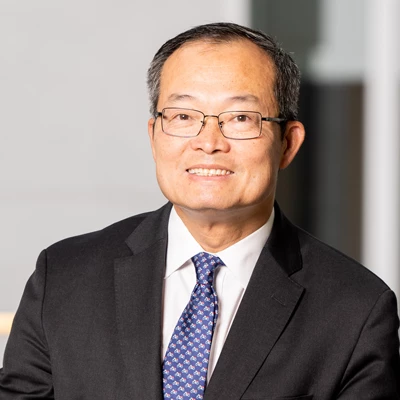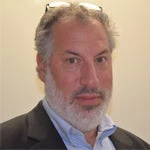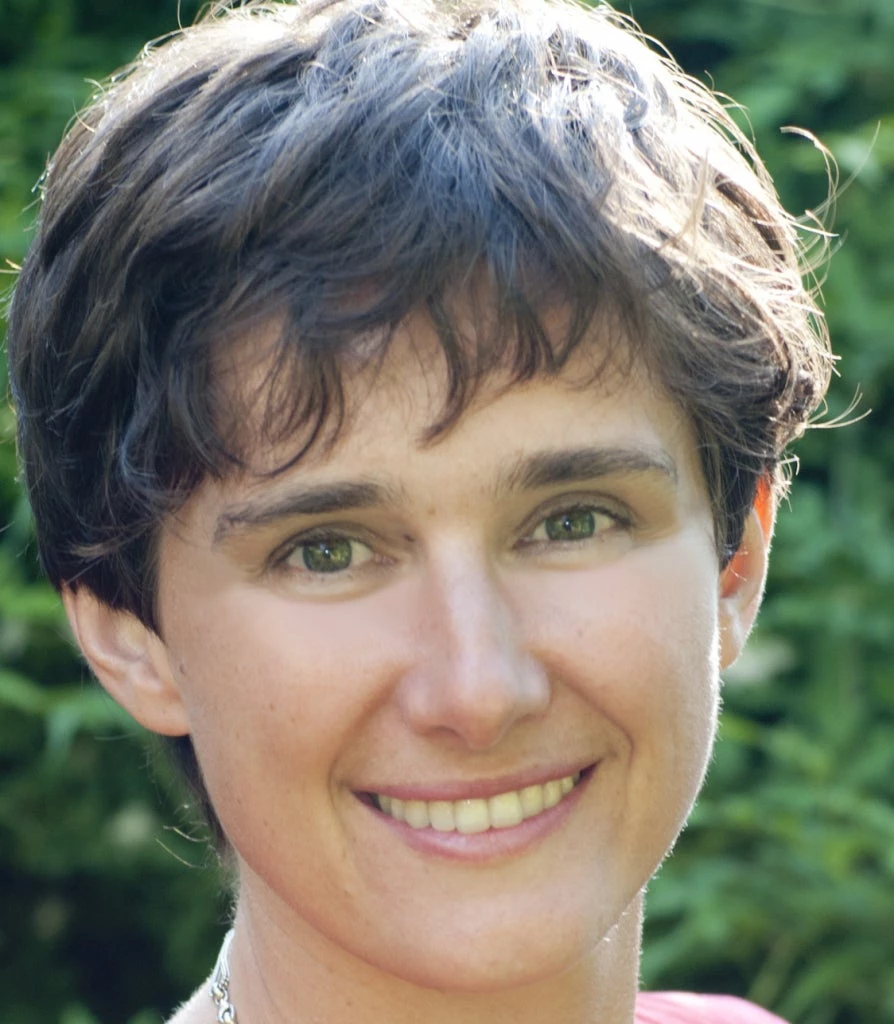
We cannot talk about water and Sustainable Development Goal (SDG) 6 without also looking at everything that depends on it: from climate, food and electricity to families, farms and ecosystems. It is thus quite simple, if we don’t get it right on water, then we will not succeed in achieving the other SDGs either.
Water and climate change are also intertwined, with some regions at risk of losing up to 6 percent of GDP by 2050 if the growing challenge of water scarcity is not properly addressed.
So what is standing in between humanity and the SDGs related to water?
One of the biggest hurdles is the lack of sufficient sources of finance. Financing the SDG sub-targets for water supply and sanitation alone will cost triple historic financing levels - an estimated $114 billion per year between now and 2030. The shortfall for financing irrigation and water resource management sub-targets will likely be as large, if not larger.
Finding solutions to the vital challenge of financing the world’s water infrastructure needs was at the center of the discussions at Budapest Water Summit 2016 last week, organized by the Hungarian Government in cooperation with the World Water Council, and under the patronage of János Áder, President of Hungary. Around 1800 participants from 117 countries attended the Summit.
World Bank Group Managing Director and CFO Joaquim Levy delivered remarks at the inauguration session of the Summit. “The world needs leadership at the highest level to ensure that policies and finance promote sustainable use of water ,” he said.
During the Summit, President János Áder convened a meeting of the High-Level Panel on Water (HLPW) together with co-chair of the Panel - H. E. Ms. Ameenah Gurib-Fakim, President of Mauritius, and two other members of the Panel, H. E. Ms. Sheikh Hasina, Prime Minister of Bangladesh, H. E. Mr. Emomali Rahmon, President of Tajikistan, and HLPW Special Advisor Dr. Han Seung-soo, former Prime Minister of the Republic of Korea - to discuss ways and means to mobilize financing for the water-related SDGs.
Representatives of the nine largest development banks were also present at the meeting.
Participants of the meeting agreed that if everything was left unchanged in the next 15-20 years, there would be a serious water crisis. They also agreed that the pace of financing and investments needs to be accelerated and that new types of finance would have to be considered.
The discussions were based on two World Bank Group reports commissioned by the Panel to consider the constraints and opportunities for increasing financing for water infrastructure:
- Working Paper: Aid Flows to the Water Sector: Overview and Recommendations
- Knowledge Brief: Financing Options for the 2030 Water Agenda
After the meeting, the High-Level Panel on Water issued a statement in which they:
- Call on all countries and stakeholders to mobilize additional funds to the sector, to support the achievement of SDG6 and water-related targets.
- Recognize that mobilizing additional concessional funds will help—but will not be sufficient.
- Encourage governments to leverage public funds with commercial finance wherever necessary.
- Call on development partners to orientate support towards improving sector efficiency and mobilizing domestic finance, and to consider the use of guarantees and other instruments to crowd commercial finance into the sector.
- Encourage commercial finance institutions to partner with the public sector towards improving captal and operating effieiency
To shift toward a financing landscape catalyzed by official resources being able to attract untapped private resources, HLPW called upon MDBs to use all available instruments and resources, and to focus a large part of their programs to the support of reforms and actions to improve the financial viability of service providers.
For our part, the World Bank Group is helping countries achieve these targets sustainably and inclusively, as Mr. Levy illustrated in his remarks.
It’s encouraging to see that HLPW’s call to action has ignited discussion at the highest level on overcoming the financing challenge. We at the World Bank Water Global Practice will continue our support to countries in tackling this challenge so as to achieve the water-related SDGs and together with our clients and partners in helping to end poverty by 2030 and boost shared prosperity for the poorest people.




Join the Conversation